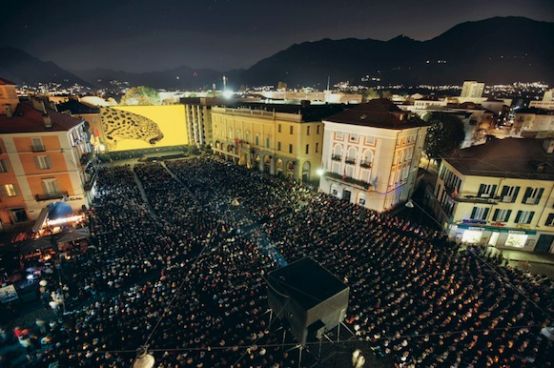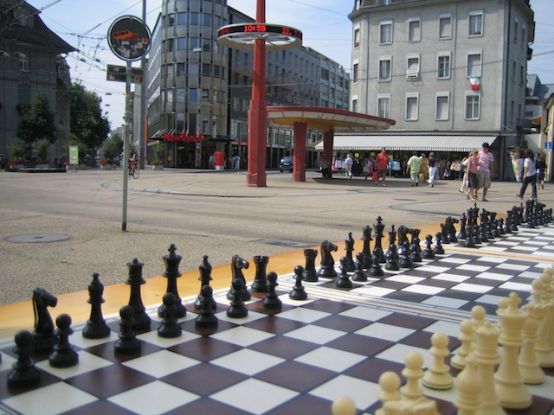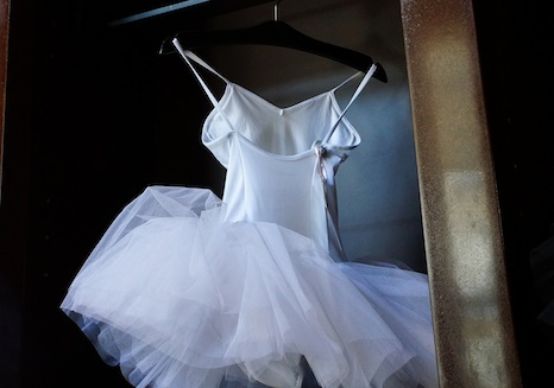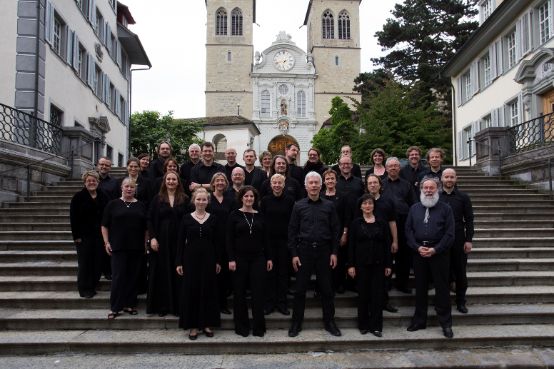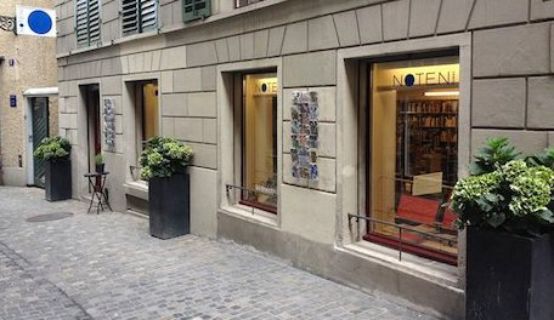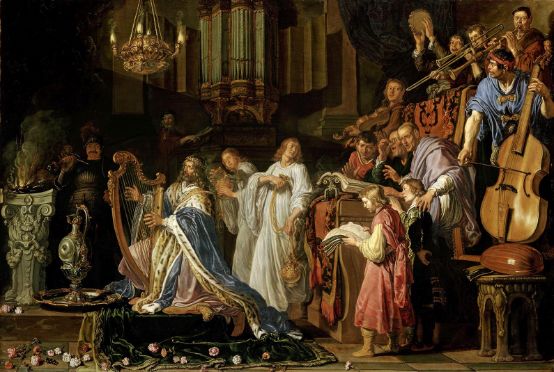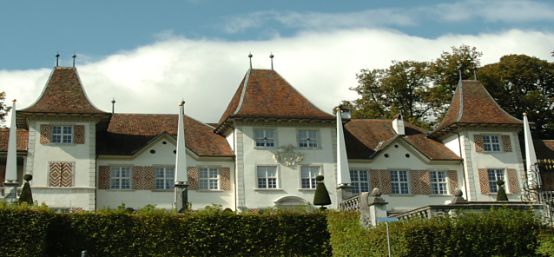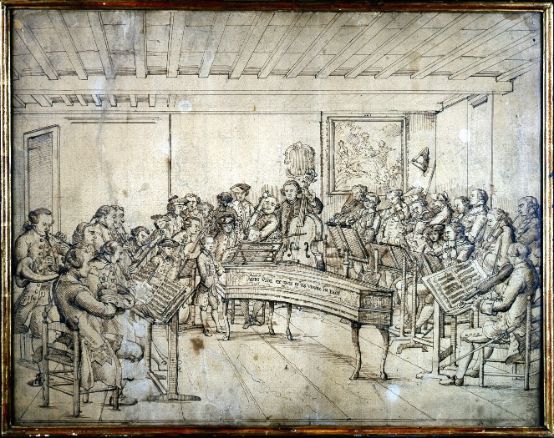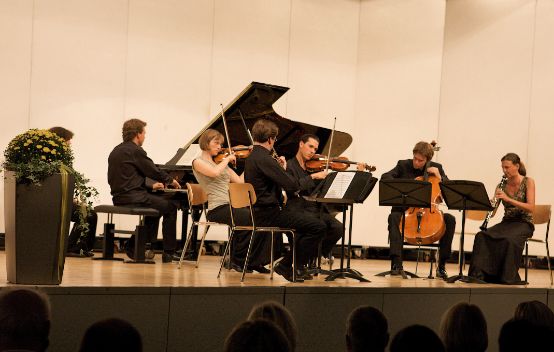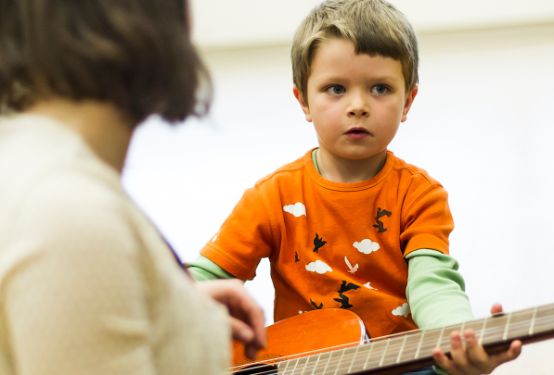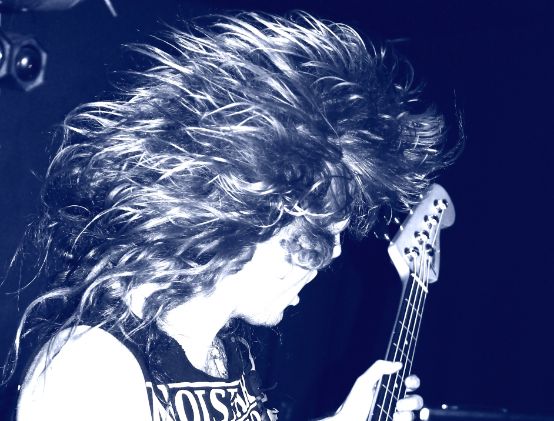The opening concert features masterpieces of romantic chamber music with piano. The harp plays a key role in the second concert. Together with strings, we are whisked away into a world of glittering festivals and fantastic stories. The baroque hour in the Flüeli Chapel will be complemented by works by later composers whose work is directly linked to baroque music. Between Mendelssohn and Mozart, the traditional Sunday matinée features a "trouvaille" from the library of the St. Andreas convent in Sarn, entitled Obwalden. An unknown score from 1821 turned up during the repair of flood damage in the Sarnen convent. Clergymen, music lovers and historians from Obwalden unraveled the mystery surrounding the unknown work. The soloists of the Bavarian Radio Symphony Orchestra Munich will premiere this 200-year-old ode in the Altes Gymnasium theater. This year's guest musicians are all from Switzerland: pianist Benjamin Engeli, Basel harpist Sarah O'Brien and David Riniker, cellist with the Berlin Philharmonic. With Gerhard Durrer (bass) and Armin Würsch (tenor), two musicians from Central Switzerland will also be taking part this year.
Tickets to win
You can win two free tickets for the concert on Wednesday, August 28, and two free tickets for the concert on Friday, August 30. The closing date for the prize draw is Monday, August 19, by e-mail to contact@musikzeitung.ch, Note: Raffle firstClassic.
Program
Wednesday August 28, 2013
7.30 pm, Aula Cher, Sarnen
Friends and rivals
Works by Robert Schumann, Clara Schumann, Johannes Brahms
Friday August 30, 2013
7.30 pm, Aula Cher, Sarnen
For life and death
Works by Arnold Bax, Joaquín Turina, Claude Debussy, Maurice Ravel,
André Caplet
Saturday August 31, 2013
5.00 p.m., Flüeli Chapel, Flüeli-Ranft
Baroque lesson
Works by Johann Sebastian Bach, Eugène Ysaye, Fritz Kreisler, François Couperin,
Eugène Ysaye, Johann Sebastian Bach
Sunday September 1, 2013
11 a.m., Theater Altes Gymnasium, Sarnen
Matinée with aperitif riche
Works by Felix Mendelssohn, Wolfgang Amadeus Mozart, Anonymus
Obwalden (from the convent of St. Andreas Sarnen) World premiere
Information/advance booking:
www.erstklassik.ch
Tel. 041 660 91 18
Concerts 28. and 30.8.: Fr. 35.- (free admission for music pupils and music students)
Concert 31.8.: Door collection
Matinée with aperitif riche, 1.9.: Fr. 58.-
Festival pass: Fr. 110.-
